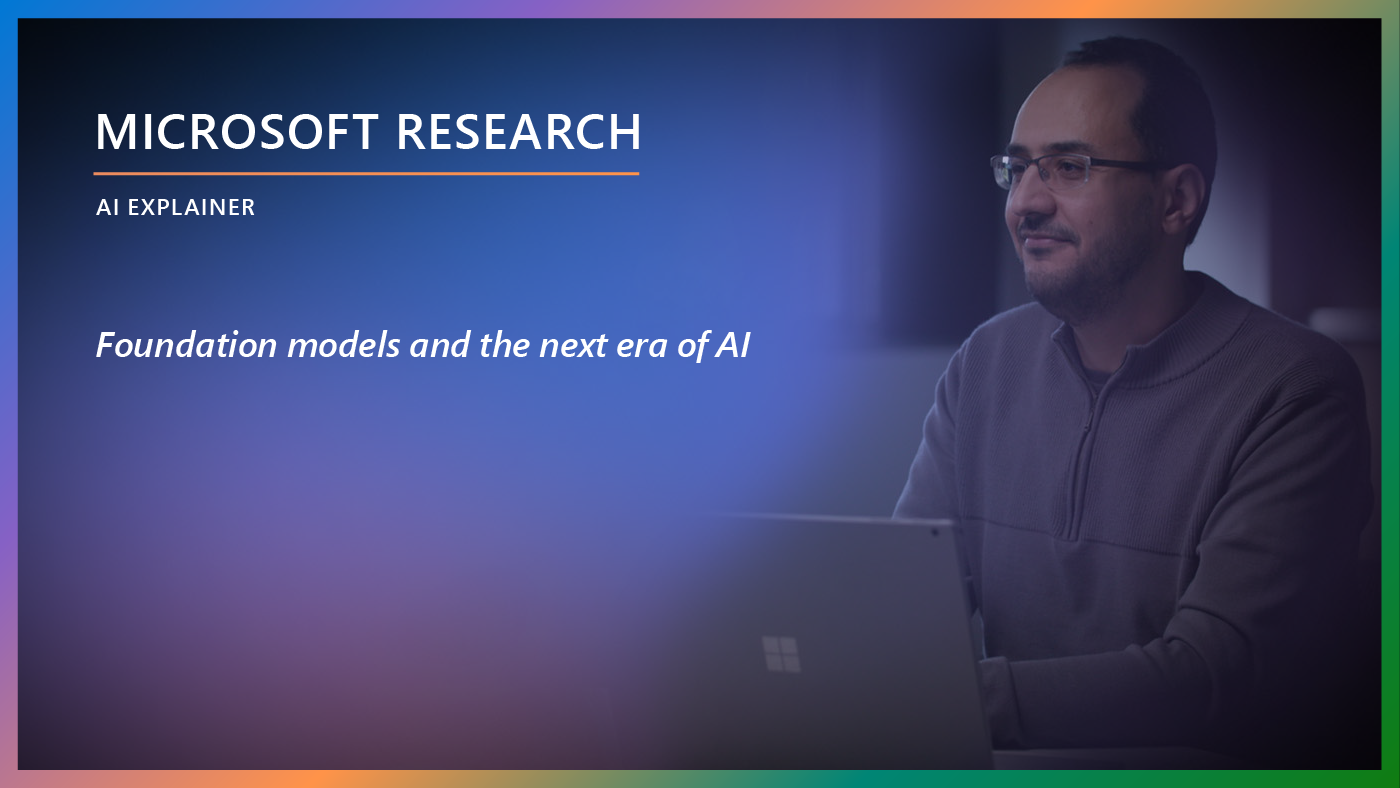
Photo credit: Doug Ogle, Filmateria Digital
By Eric Horvitz (opens in new tab), Technical Fellow and Managing Director, Microsoft
We’re at an inflection point for AI technologies. Rising capabilities and possibilities have been catalyzed by jumps in the availability of data and computational power. Increasing competencies in such areas as face recognition, speech recognition, translation among languages, and semi-autonomous vehicles have been met with enthusiasm by people and organizations. However, there have also been rising discussions (opens in new tab) about the uses of the systems, especially in high-stakes areas like transportation and criminal justice, and on the broader influences of AI advances on people and society.
Spotlight: On-demand video
The Microsoft Research Faculty Summit 2017—The Edge of AI, kicked off today. We are hosting talks, panel discussions, and demos on recent developments. The program committee for the summit did a fabulous job bringing together an excellent and diverse group of folks. Participants include many long-term colleagues, as well as researchers just entering the field.
Presentations and discussions will cover a rich spectrum of topics that include advances in deep learning, reinforcement learning, and probabilistic graphical models—and approaches to intelligence that draw jointly on these and other methodologies. We’ll also be examining the state-of-the-art and future states of human-AI collaboration, machine reading, and models of integrative intelligence that jointly leverage speech recognition, conversational dialog, vision, and planning. Beyond technical methods, we’ll be discussing the ethical, legal, and societal issues around the influences of AI, including the importance of developing fair and accountable machine learning and classification. We’ll also explore directions where AI promises to have deep and beneficial impact, such as applications in agriculture, sustainability, accessibility, and biomedicine.
This morning, I kicked off the Faculty Summit with a talk on the challenges and opportunities with fielding AI advances in the open world. Before diving into my main presentation, I paused to describe our newly launched organization named Microsoft Research AI (MSR AI) (opens in new tab). We publicly announced MSR AI at an event in London last week.
MSR AI brings together about one hundred folks representing top talent across multiple important subdisciplines of AI. We’re focusing together on several aspirational pursuits, including tackling several difficult and persistent AI challenges. Aspirations for MSR AI include developing a deeper understanding of methods that could support more general artificial intelligence and advancing methods aimed at augmenting human cognition and amplifying human ingenuity. We believe that working together with more coordination on our shared aspirations will be valuable in making progress.
In my talk this morning, I ended with a consideration of issues around responsibility with AI, people, and society. It’s important that computer scientists and other experts, including social scientists, psychologists, ethicists, lawyers, and economists, collaborate closely to understand, track, and provide guidance on the best paths forward for AI technologies. We need to seize the opportunity to harness these evolving technologies to enhance the quality of life and to empower people and organizations in new ways across the world. We have to be mindful about rough edges and adverse outcomes as we go, and be on alert for inadvertent effects of AI systems—even from those systems and methods we might be most optimistic about.
Beyond our research on these issues, Microsoft recently announced the formation of the Aether advisory panel. Aether is an acronym for AI and ethics in engineering and research. The Aether panel includes representatives from every division of the company and works to advise Satya Nadella and the senior leadership team of the company. The goal of the panel is to work across the company on best practices around research, engineering, and fielding of AI technologies, and to work to spot issues and potential abuses of AI before they start.
A number of efforts around the world are focused on leveraging AI advances to address important social and societal challenges. Many of our researchers have been deeply motivated by these possibilities and have developed some magical and promising approaches in numerous realms. We’ve recently rolled out several efforts. Last week, we made Seeing AI (opens in new tab) freely available. The application provides the sight-impaired with AI eyes that can help them to interpret scenes, recognize people and their emotions, and read signs, documents—and menus. We’ve also just announced the AI for Earth program (opens in new tab), aiming the power of AI on feeding people, fighting climate change and maintaining biodiversity. In the realm of healthcare, we will be showcasing Project InnerEye (opens in new tab), which brings an assistive tool to oncologists for fighting cancer.
A primary take-away from our Faculty Summit event: We’re continuing to build upon our 25 years of research and innovation in this area. We are working hard to address foundational AI problems, rapidly pursuing the application of innovations in real-world systems and services that can empower people in new ways, and investing in developing a deeper understanding of the influences of AI on people and society.
We hope you are able to join us for our live stream (opens in new tab) (www.microsoftfacultysummit.com (opens in new tab)) today and tomorrow.





